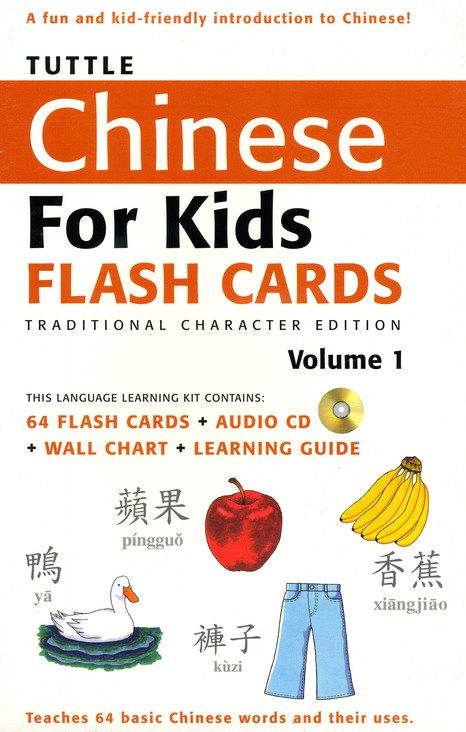
Switching on the categories is exactly what I was looking for. Which way do you guys learn? Edited Apat 04:00 PM by FangShi is it really a good idea to start learning with such an gigantic set of cards? I mean I want to learn the HSK vocabulary eventually, so should I just go with it? It seems to be characters and words mixed anyway, so probably its just around ~3000 single characters + character combinations/words, dui bu dui? I probably now around 2000 characters right now. How will the program work: If I do 15 words a day, will it add 15 new words everyday + repeat the old ones? Because the HSK set has over 9000 words (!!!). Can I do that with Mnemosyne? Or do I just as many words as I feel like and than go out?ĭo I have to SAVE at the end of each session for the program to work intelligently? My English is good enough, still I always think its better to learn in your mothertongue!?Īlso: In Anki I can set a certain workload per day, like 15 words a day or something. The default setting is, that Mnemosyne shows me the character and I write down the english translation.Ĭan I change it, so that I am showed the English meaning and write down the character, because my purpose of learning is more the ability to remember characters in writing, not character recognition.Īlso is there a way to automatically translate it into German (probably not). Is there any way I can enlarge the fond? Thanks. One question left: Mnemosyne displays the characters extremly small, I can hardly see them. I decided to start with Mnemosyne and use the HSK Traditional Deck renzhe (Ninja?=)) recommended. Installation and import of card decks is really easy and convinent. The CHinese books just don't contain Pinyin, so I was looking for sentences geared toward Chinese learners.Įxcellent, I downloaded Mnemosyne as well as Anki and I am very fond of both programs so far! Just going through them is a awesome practice to learn new words in context and get more used to its application. There are books like "The 3000 most frequent English words" and they provide a sentence in English and a Chinese translation for every word. I pick up some books for english learners here in Taiwan and I found them awesome for learning the other way around also. Were can I find this deck?Īnother question: Is there any good site or book, with hundereds of sentences? They have the vocab for 1-4 which is awesome for me to repeat it before I come back.Īnyway, more important for me is the list for the TOP or HSK deck you were refering to, as including typical Taiwanese words like 腳踏車. I have to return in summer anyway and continue there with book 5. I decided to go with the Mnemosyne software, I already found the cards for the New Chinese Practical Reader, I work with in Germany.
MOST COMMON CHINESE CHARACTERS FLASHCARDS DOWNLOAD
You can download them in paper format (for printing), or in CSV format, which can be loaded by any flashcard program, including the ones I mentioned.Īlso, searching this site for flashcard discussions will give you some more Awesome man. In addition to this, have a number of flashcard lists for download, including the vocabulary from several popular textbooks (not yours, though). The Mnemosyne HSK deck also has a traditional character version, which includes some common Taiwanese variations of common vocabulary (for example 脚踏车 in addition to 自行车), it was provided by a poster here.

I've never seen a TOP vocab list, I don't know if such a thing exists.īut both HSK and TOP are general proficiency tests, and while there are differences between the Mainland and Taiwan standards, most of the basic vocab is the same. There are most common character lists out there, and there is the HSK vocabulary (which is outdated, but still a good quick approximation for the vocab you must know). There are other popular flashcard programs, some specialised for Chinese, with special features, but make sure that whatever you use implements spaced repetition.

Both implement spaced repetition, which is a godsend, and both have extensive Chinese vocabularies. Use either Anki or Mnemosyne (google them).


 0 kommentar(er)
0 kommentar(er)
